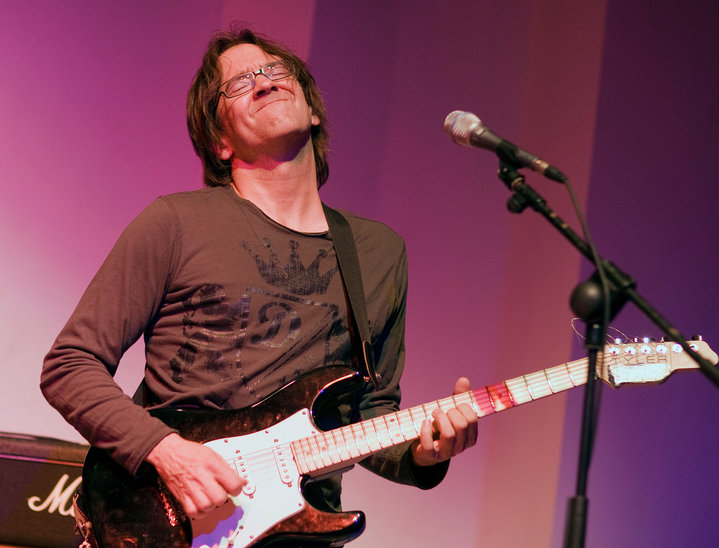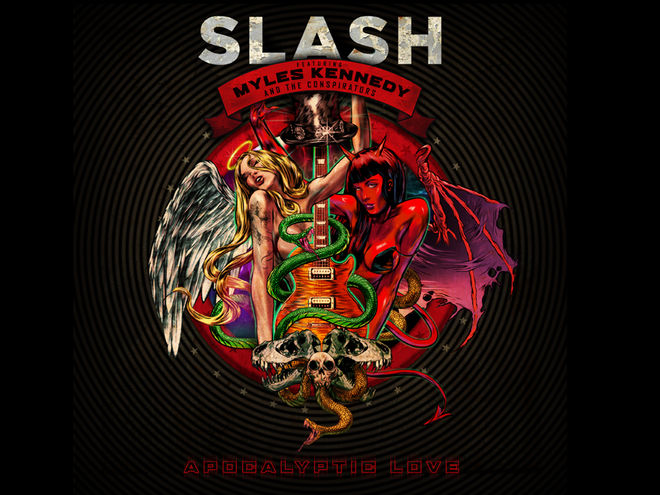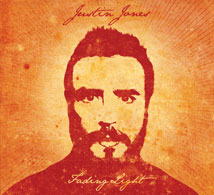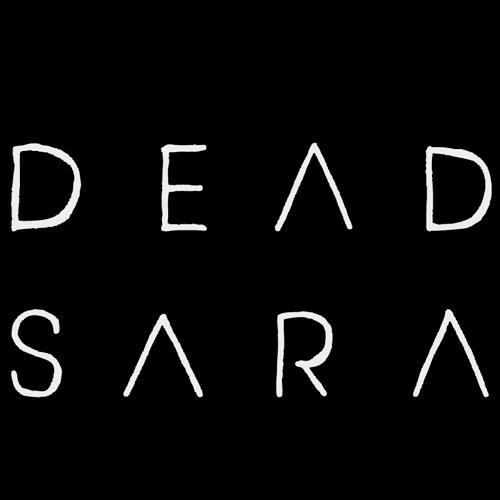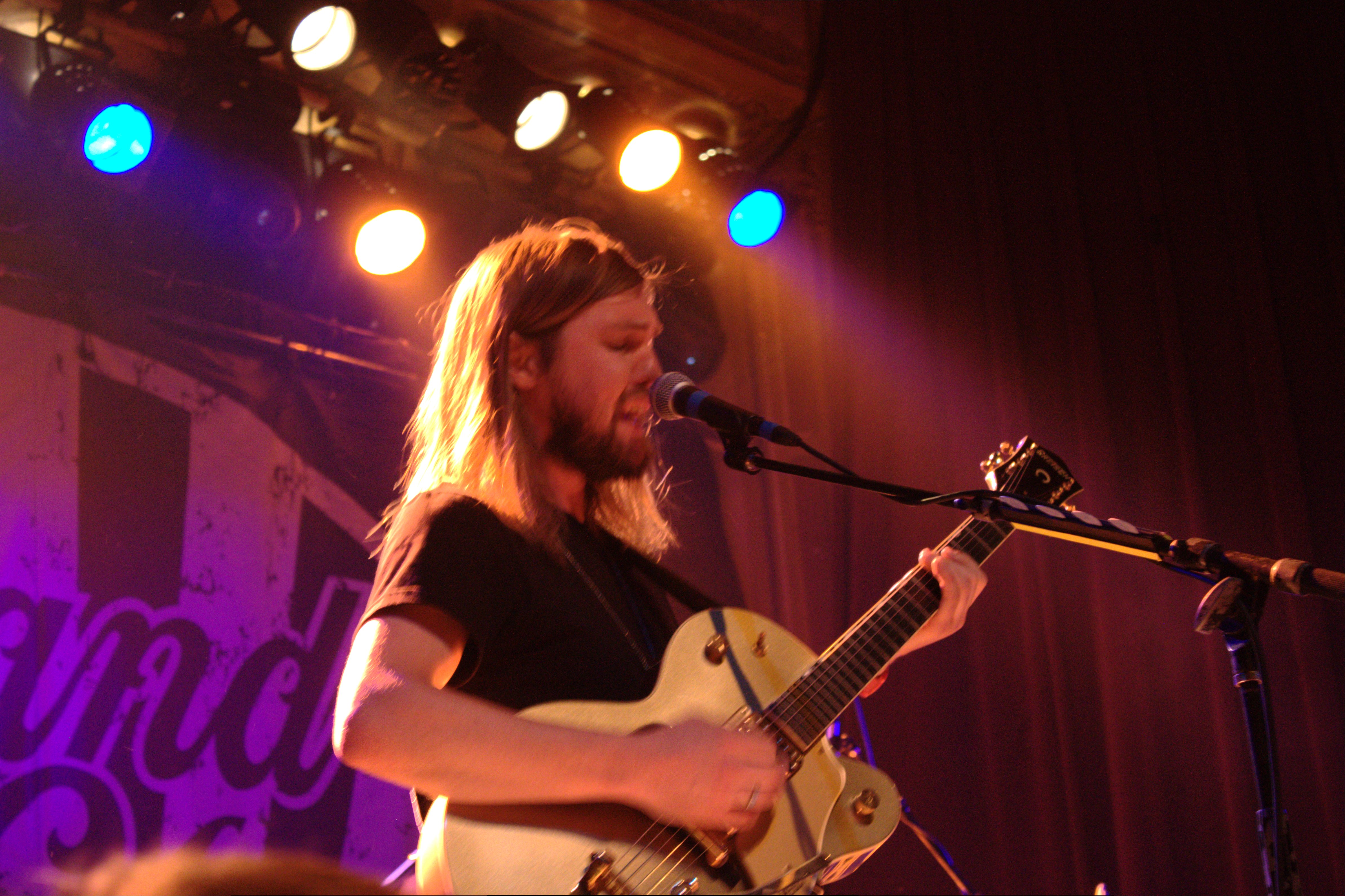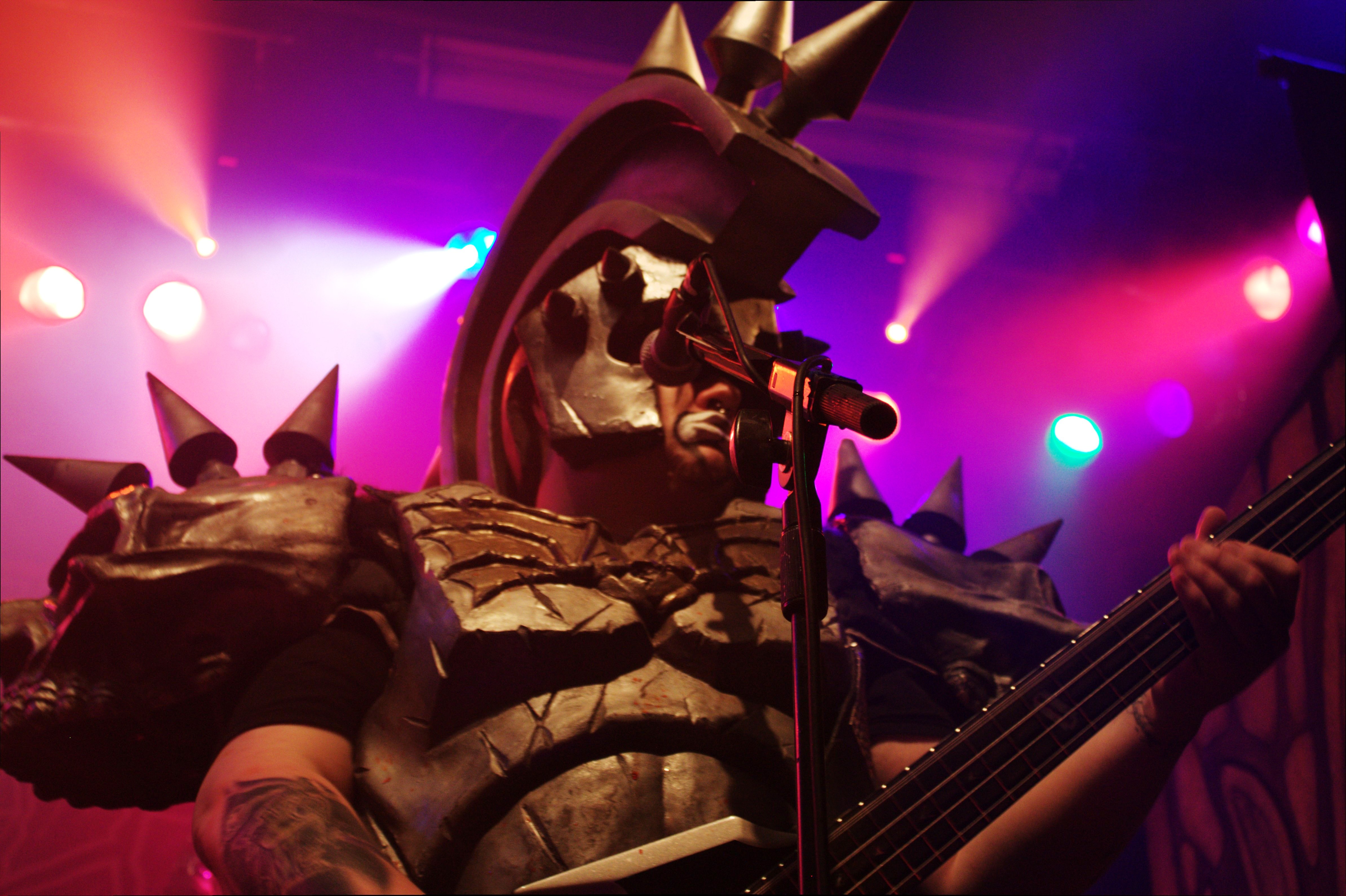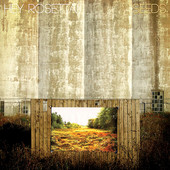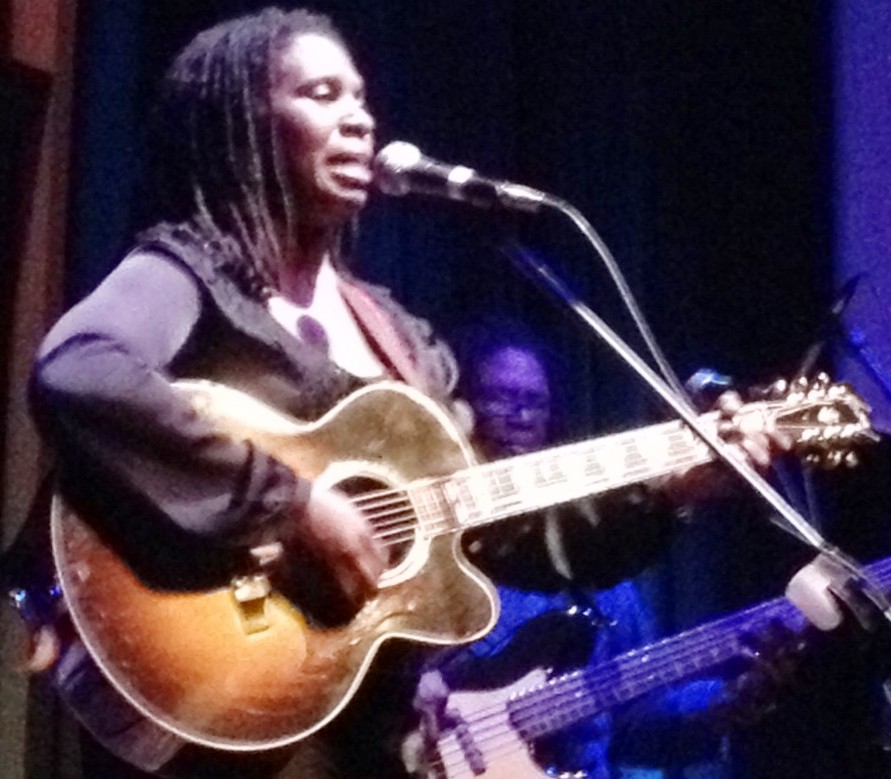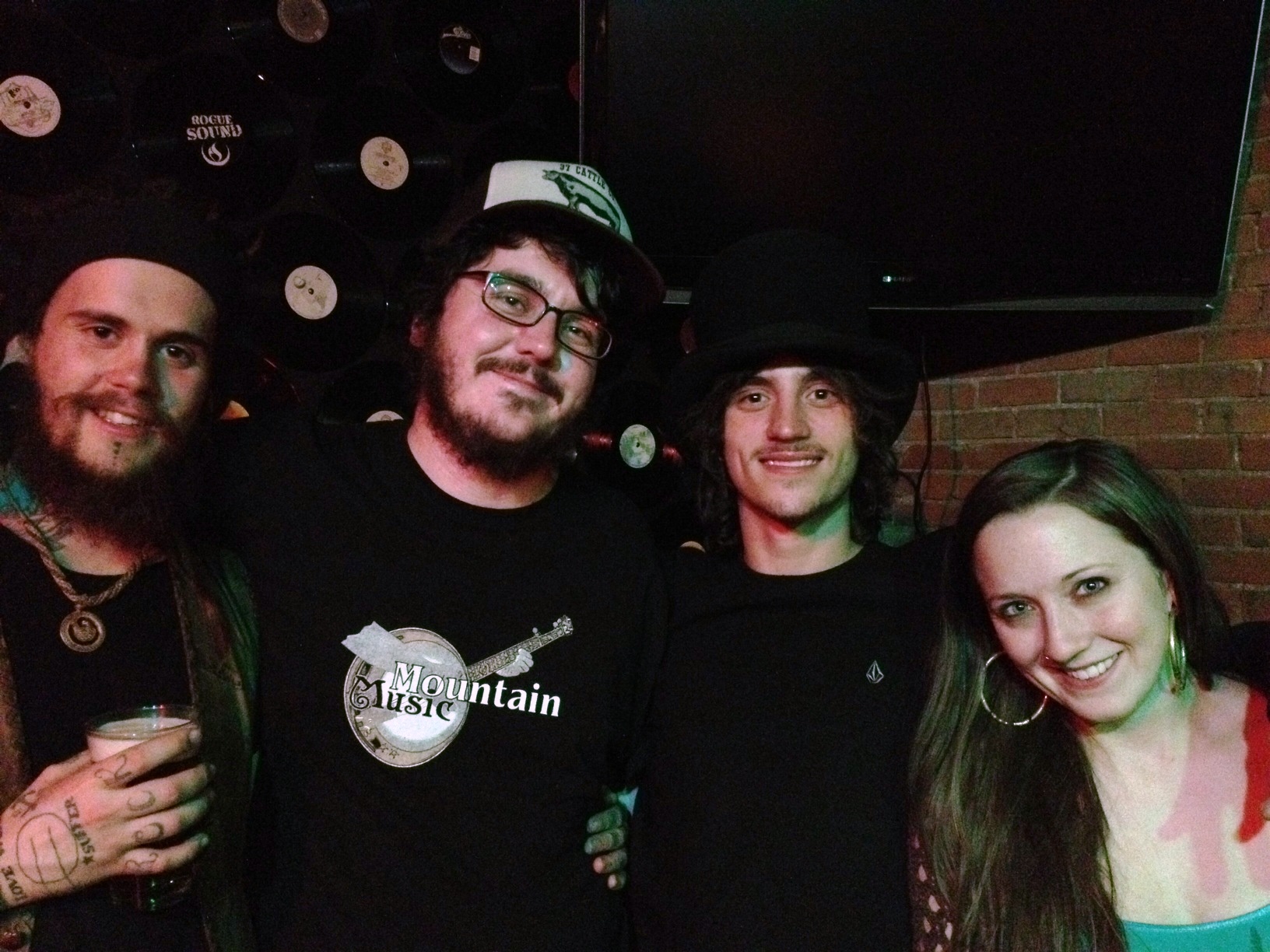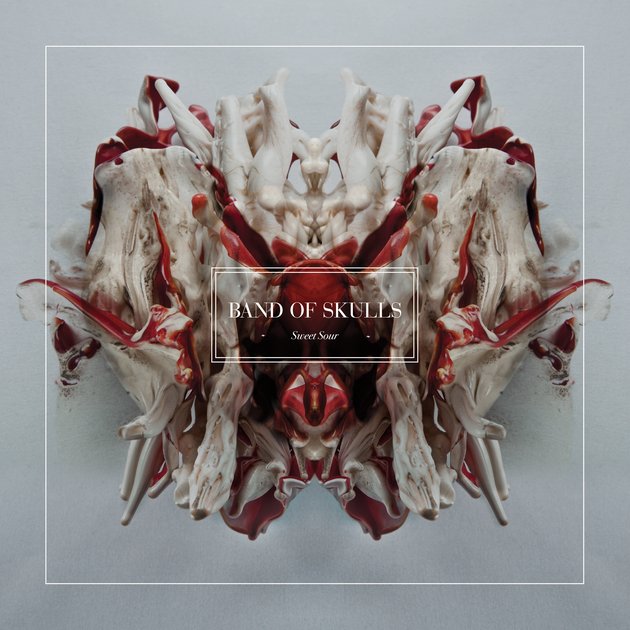Grateful Web recently got the chance to sit down with jazz guitar player Wayne Krantz. We talked about his upcoming summer tour, the sound of his new album, Howie 61, and the relationship between composition and improvisation.
GW: So I know you're getting ready for a summer tour in Europe. What are you and your band doing to prepare?
WK: For me, it's just figuring out how to arrange this music I recorded on the latest record, Howie 61. How to arrange that in a way so that a trio can play it. I mean, the orchestration for that record involves more people, and different sorts of people for each track depending on what the nature of the track was. And I want to play music from this new record, not rely on stuff that was made for a trio, so I need to figure out how to bring that in. That's the challenge: to figure out how to do that with somewhat limited resources. Touring, for me, is a fairly modest thing. It's on a smaller scale. We don't carry a lot of our own gear, and it's a small group, so it just requires some creating thinking to figure out how to cover that in a way that's fun do to and works with the little guerilla unit that we take out.
GW: In relation to your live sound versus your studio sound, how do you compensate between the two with your guitar? Should we expect rehearsed tracks or a 15 minute improvisation on a 5 minute song?
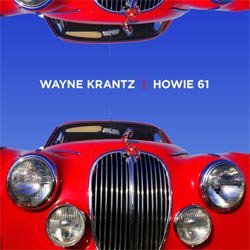
WK: Live, it's almost all improvisation. For the last ten years, and really since the beginning--well, at the very beginning I was writing a lot of composed stuff, that was the mid-nineties--but since then it's become almost completely improvisational. We basically improvise for two hours when we play. There's always songs, always bits of composition floating around, but it's primarily been twenty minute versions of songs that on record were already eight or nine minutes long. That's been the drive for this thing for a long time. This last record, Howie 61, is a departure from that. It's the least improvisational record I've made in probably fifteen years. So that's part of the question. I would never want to give up improvising live because, for me, that's where the action is. But I have to reconcile with the fact that on this last record some of the songs are only two an a half minutes long. And the question is: do I want to blow everything up to be another twenty minute long improvisation? Because I could. Or do I want to follow the direction that the record is taking me? I have to reconcile the two live, while not giving up the improvisation, because I figured out years ago that that is the fun thing to do. It's great to play parts over and over again, but at that point it just becomes like classical music. I mean, that's what those guys do. They enliven stuff that was sometimes written hundreds of years ago. So that becomes the task: can they animate it? Can they make these notes on the page breath? I'm up for that to some degree, but there’s always going to be improvisation, it's just a matter of figuring out the balance. I think the way I'm going to do it is to play more songs. Instead of playing eight songs in two hours, maybe I'll play sixteen songs in two hours. And some of those songs won't be blown up into twenty minute jams, and some will. So that way I'll get both angles.
GW: Being that Howie 61, you said, has been your most compositional record, what was the studio experience like? Did you and your band go in and write the songs, or did you have compositions pre-planned?
WK: [Writing the songs in the studio] is something only a real band can do, people that have been together for a while, that have the luxury of sitting in the studio for days and weeks on end. They can do that, sit around and jam and try to come up with stuff, hone it, and make it sound like it's composition. On the last record that I made, Howie 61, those are side-men. I mean, those are people that I know have worked with in my band, but there's eighteen people on that thing and I don't have the luxury of sitting in a studio for days and weeks on end. And even if I did, then it wouldn't have my intention in it, and I had a really clear picture of what I wanted to do. It required me sitting down and composing the session long before it happened. Some of those guys were only available for two or three hours, so there’s no time to sit and say "okay, what do you want to play?" Most of that stuff was written within four months of the sessions, and then the sessions spread out over about six months in three cities. We recorded it in New York, L.A., and London. I enjoy being in the studio as much as I enjoy playing live.
GW: You had mentioned two different musical aspects of yourself: the compositional, and the improvisational. Which of those sides did your time at Berkeley School of Music foster most?
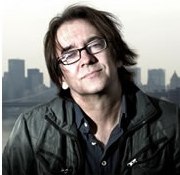
WK: It didn't have anything to do with me as a musician, as it turned out. It was just something to do after high school. My parents wanted me to go to college, I wanted to play the guitar, so I went to music college. And that was one of two that existed at that time with any note, and so I went. Granted, the whole educational system of music has gotten a lot better since then, but I have never used anything I learned at that school as a composer or an improviser. Everything that I use happened after that. I think that college, for me, was a safety net. And I think it still is for a lot of people. It's just that now, the business of music education is booming and there's a lot of good teachers out there, and you can learn a lot of valuable stuff, but that wasn't so much the case when I was going. Music is a spiritual, soulful thing. It's really not something that is taught at a school. I can't think of anyone who became themselves from going to college. It sort of doesn't work like that.
GW: In contrast to an earlier album of yours, Greenwich Mean, it seems that Howie 61 has more traditional jazz and blues influences. Where Greenwich Mean is more heady and psychedelic, Howie 61 seems to go back to the roots of American music. What would you say about that relationship between the two?
WK: The Greenwich Mean was a sonic sculpture. I took a hundred hours of live recording and fed it into the computer and started editing. I edited for a year and kind of created the sculpture that is Greenwich Mean. A lot of that record never happened. A lot of it is construct. A lot of it is editing. So the Greenwich Mean was really just a take I had on what we were doing live at that time, which was very, very improvisational. That was ten years ago. A lot has happened since then. That band on Greenwich Mean--the improvising that band did changed a lot, and I got a lot more into rock, I think, as a guitar player, after that record. And now fast forward X number of records and X number of years to Howie 61, and it's not just a bunch of live recording that I'm going to take home and edit. It's actually sessions that happened with other musicians, and songs needed to be written. I kind of picked the most basic form that I could to try to put my message out there. I could have done a highly experimental, sonic, electronic dance groove record, because I also like that, but I've already done stuff like that live. What I hadn't was make a little bit more straight forward record, in terms of the groove, with maybe some blues elements and rock elements, but along with some other stuff. I mean, it's not a Joe Bonamassa record. There's still some different sounding, experimental stuff on Howie 61, but it does have that undercurrent you're talking about, and I think it's because this is really the first record I've ever made that has that much vocal content, and that much lyric content. I think, in a way, this is sort of ground zero. This is sort of a starting point, even though it's the ninth record I've made. This is kind of the beginning of a direction I'm taking, and I just needed to make something basic and fundamental for that first step. It's kind of a rootsy record, or what my version of what a rootsy record would be, and I see that as a beginning. From there I think I have a lot of directions I can go, and I hope I have the chance to follow that up.
GW: Thanks very much for your time.





